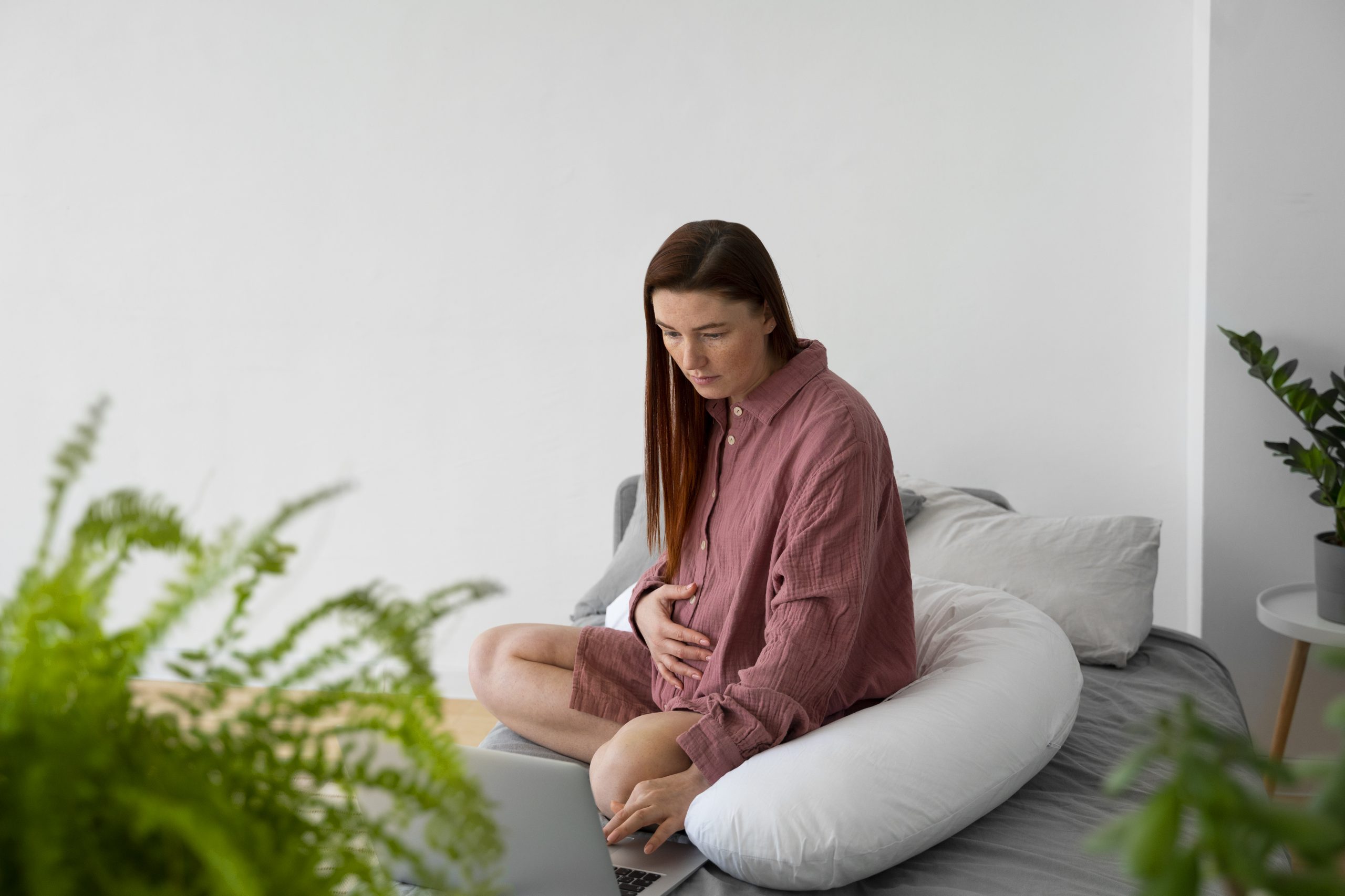Spotting during pregnancy can be unexpected and concerning, stirring up a mix of emotions ranging from mild worry to full-blown anxiety. But before you hit the panic button, know this: spotting isn’t always a sign of trouble. Many women experience light bleeding at some point during pregnancy and go on to have completely healthy babies. However, it’s always wise to check in with your doctor to ensure everything is on track.
Spotting vs. Bleeding: What’s the Difference?
One of the biggest sources of confusion is distinguishing between spotting and actual bleeding. Here’s a quick breakdown:
| Feature | Bleeding | Spotting |
|---|---|---|
| Amount | Heavier flow, similar to a period | Light, minimal bleeding |
| Color | Bright red to dark brown | Pink, red, or brown |
| Causes | Often linked to serious conditions like miscarriage or placental complications | Commonly caused by implantation bleeding, hormonal changes, or cervical irritation |
What Causes Spotting During Pregnancy?
There are several reasons why you might experience spotting during pregnancy. Some are completely harmless, while others may require medical attention.
Causes of Spotting in Early Pregnancy (First Trimester)
- Implantation Bleeding – Light spotting may occur when the fertilized egg attaches to the uterine lining.
- Cervical Changes – Pregnancy hormones cause increased blood flow to the cervix, making it more sensitive.
- Ectopic Pregnancy – When the fertilized egg implants outside the uterus, it can lead to spotting and pain.
- Miscarriage – Unfortunately, spotting can sometimes be an early sign of pregnancy loss.
- Infections – Cervical infections or sexually transmitted infections can lead to light bleeding.
Causes of Spotting in Later Pregnancy (Second & Third Trimester)
- Sexual Intercourse – Increased blood supply to the cervix can make it prone to bleeding after sex.
- Placenta Previa – The placenta partially or completely covering the cervix can cause bleeding.
- Preterm Labor – Light bleeding along with contractions could signal early labor.
- Placental Abruption – When the placenta detaches from the uterus too soon, it can lead to serious complications.
- Uterine Rupture – A rare but serious condition, especially in women with a previous C-section.
When Should You Be Concerned About Spotting?
While spotting is often harmless, you should seek medical advice if you experience:
- Heavy spotting, especially in early pregnancy
- Severe abdominal pain or cramps
- Spotting that persists or keeps recurring
- Clot-like material in the discharge
- Dizziness, fainting, or lightheadedness
- A history of pregnancy complications
Spotting Across the Trimesters: What to Expect
First Trimester (Weeks 1-12)
- Implantation Bleeding – Occurs around 6-12 days after conception.
- Miscarriage Risk – Spotting with cramps may indicate early pregnancy loss.
- Ectopic Pregnancy – Spotting with sharp pain on one side is a red flag.
Second Trimester (Weeks 13-26)
- Cervical Changes – Increased sensitivity can cause light bleeding.
- Sexual Intercourse – Minor spotting can happen after sex.
- Infections – Bacterial infections can cause irritation and bleeding.
Third Trimester (Weeks 27-Birth)
- Bloody Show – A sign that labor may be approaching.
- Placental Issues – Any spotting should be checked for complications.
- Preterm Labor – If spotting is accompanied by contractions, seek medical help.
How Will Your Doctor Diagnose Spotting?
Your doctor will likely start with a pelvic exam and review your symptoms. They may also perform:
- Pregnancy Tests – To confirm pregnancy and hormone levels.
- Ultrasounds – To check fetal health and placental positioning.
- Blood or Urine Tests – To identify infections or anemia.
- Specialized Tests – Such as Pap smears or cervical cultures.
Conclusion
Spotting during pregnancy can be nerve-wracking, but in many cases, it’s nothing to worry about. That said, it’s always best to check with your doctor to rule out any underlying issues. Diagnostic tests like ultrasounds and pelvic exams provide clarity and reassurance, ensuring both you and your baby stay safe.
FAQs
1. How Much Spotting Is Normal in Early Pregnancy?
A little spotting can be normal, but always consult your doctor to determine the cause.
2. When Will Spotting Stop During Pregnancy?
It varies. Some women experience occasional spotting throughout, while others may have it just in the first trimester.
3. How Can I Tell if It’s a Miscarriage or Just Spotting?
If spotting is accompanied by severe cramps, heavy bleeding, or clot-like material, contact your doctor immediately.
4. Can I Have Light Bleeding and Still Be Pregnant?
Yes! Many women experience light spotting and go on to have healthy pregnancies. Just be sure to inform your doctor to rule out any complications.
Pregnancy is an incredible journey, and while spotting may cause concern, staying informed and seeking timely medical advice can help keep both you and your baby safe.

